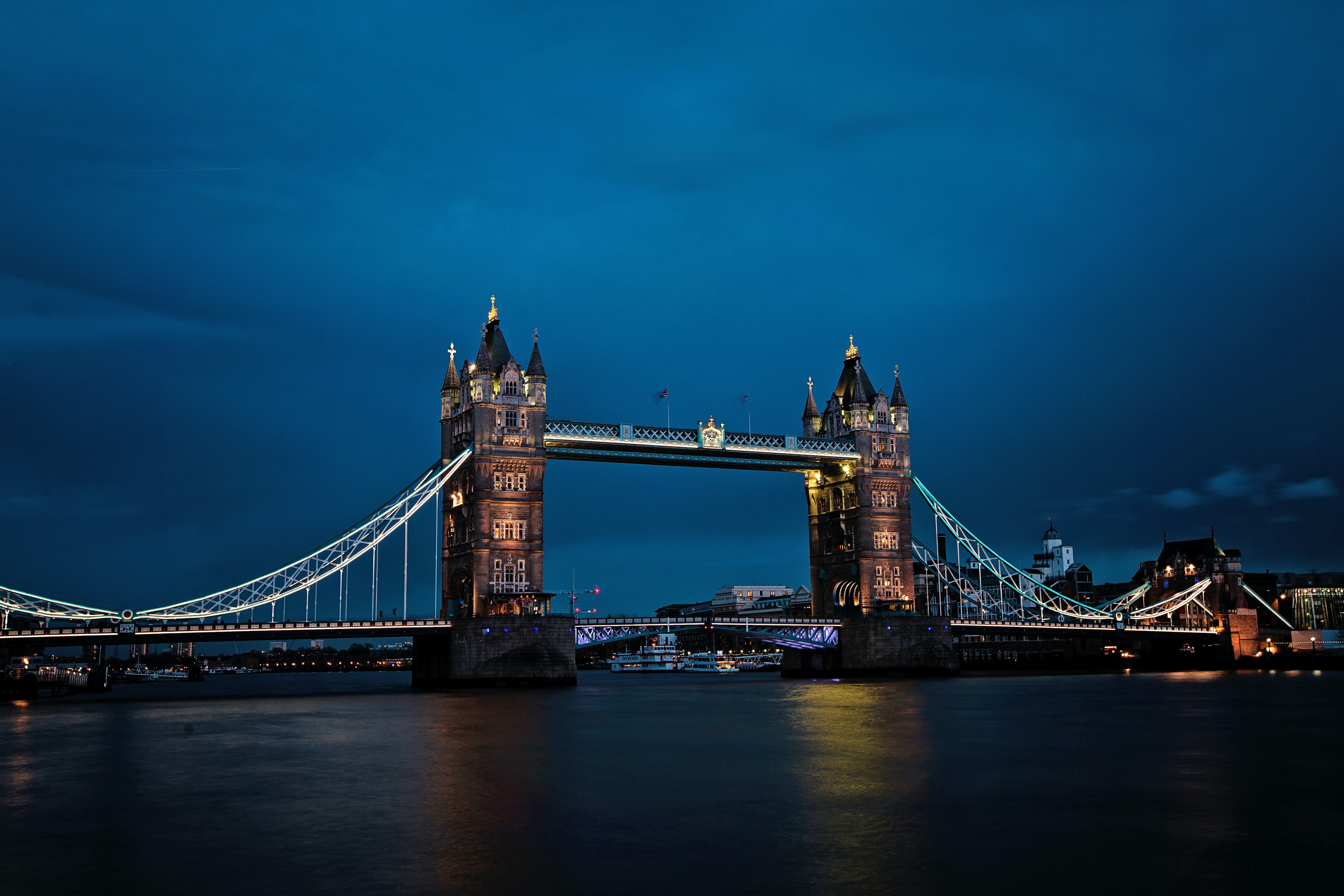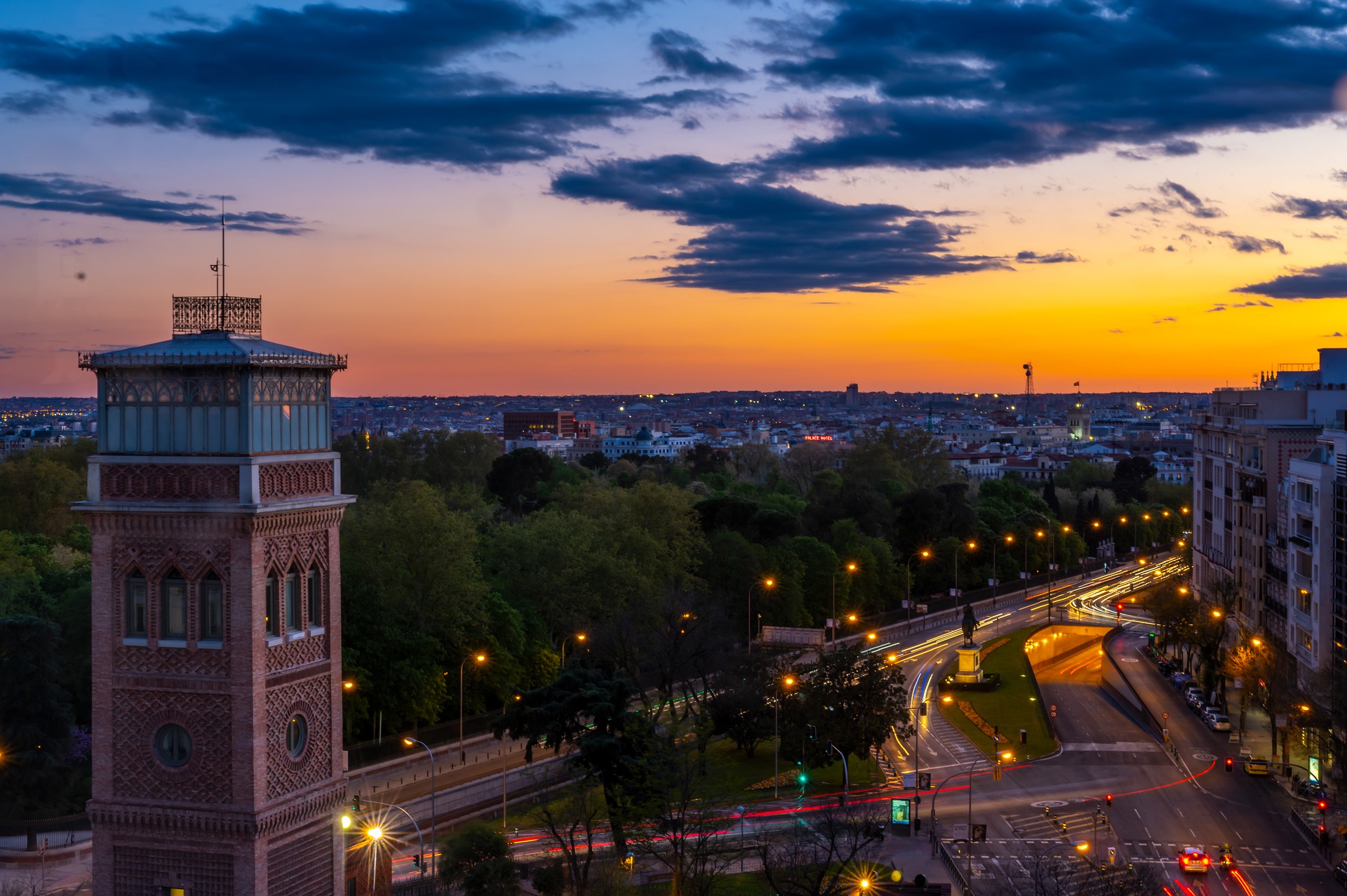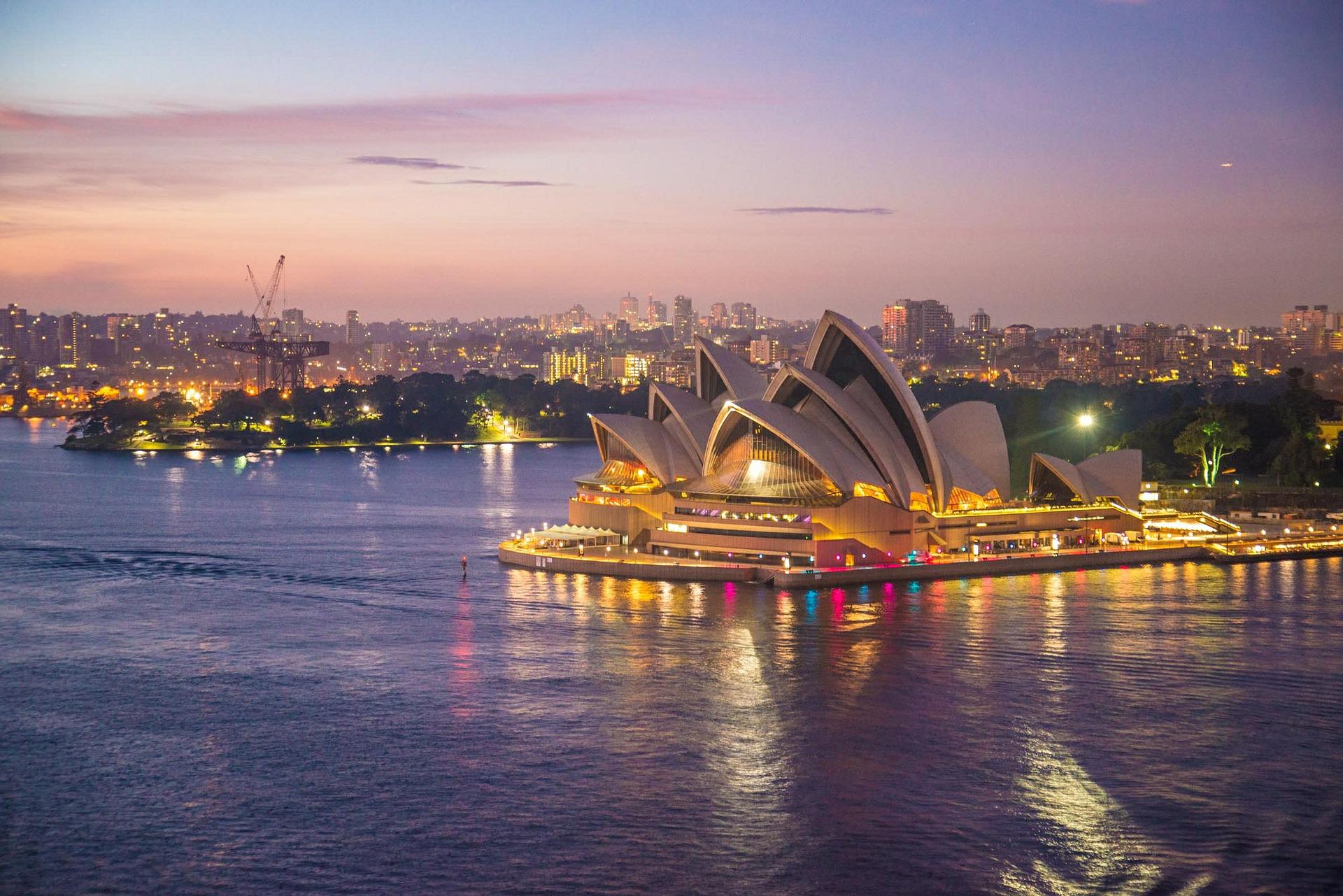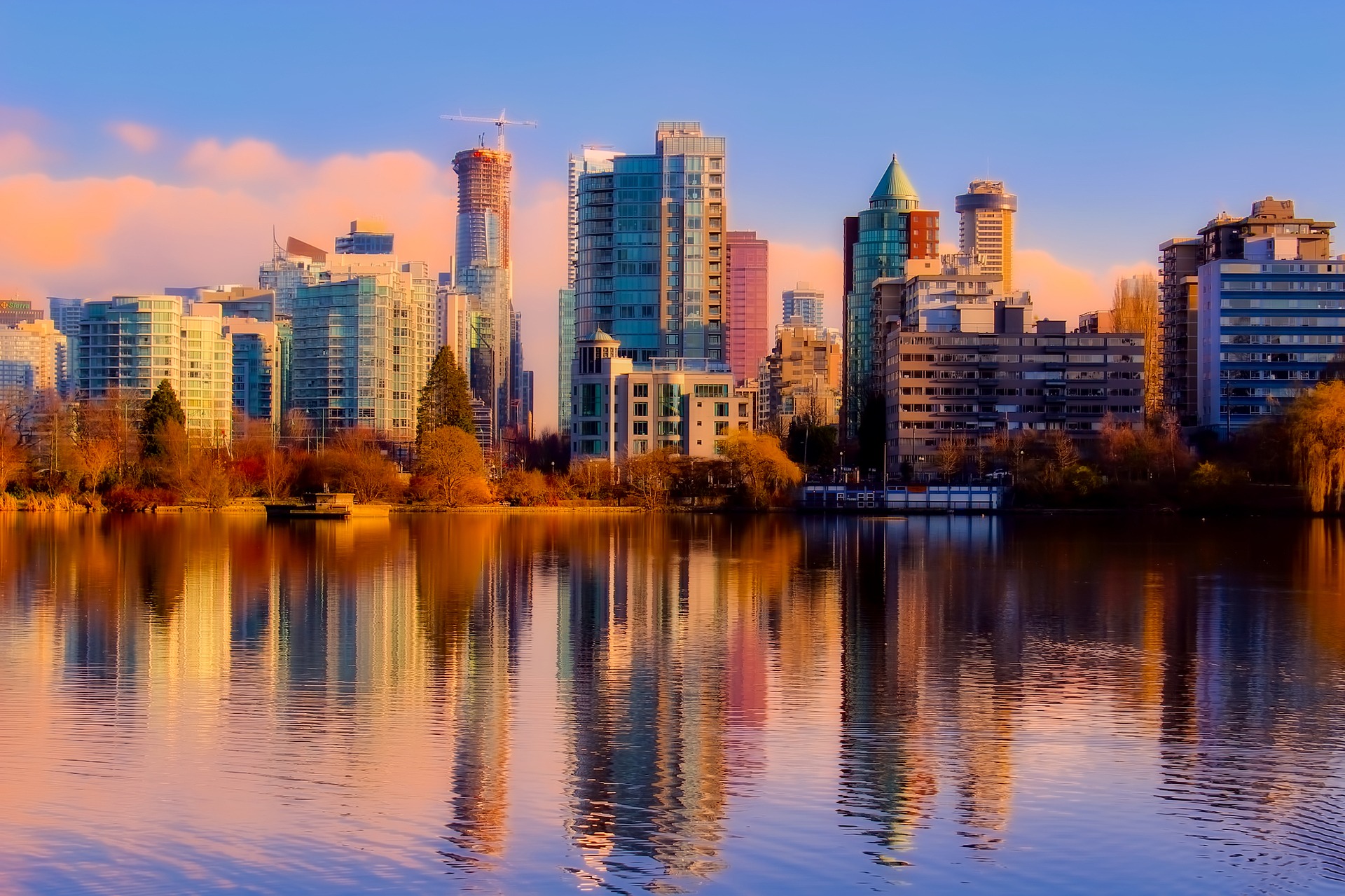
UNITED KINGDOM
London
Introducing UNITED KINGDOM
Currency
British pounds
Languages
English
Time Zone
27/07/24
08:13 AM
In the past, the United Kingdom has taken the lead in
promoting science and literature as well as a parliamentary democracy. The
British Empire covered one-fourth of the earth's surface at its height in the
19th century. Two World Wars significantly reduced the UK's power in the first
half of the 20th century, and the Irish Republic left the union. The fall of
the Empire and the UK's rebirth as a contemporary, thriving member of Europe
were observed in the second half. The UK pursues a global approach to foreign
policy as one of the five permanent members of the UN Security Council and a
founding member of NATO and the Commonwealth of Nations. In 1998, the Scottish
Parliament, Welsh National Assembly, and Northern Ireland Assembly were all
created. After joining the EU in 1973, the UK took an active role in the organization
even though it opted to skip the Economic and Monetary Union. However, on June
23, 2016, UK residents chose to leave the EU by a 52 to 48 percent margin, spurred
in part by annoyance with a distant bureaucracy in Brussels and significant
immigration into the nation. The UK left the EU as the first nation on January
31, 2020, following protracted discussions on the two sides' economic and
security ties.
Western Europe, islands - including the northern one-sixth of the island of Ireland - between the North Atlantic Ocean and the North Sea; northwest of France
total: 243,610 sq km land: 241,930 sq km water: 1,680 sq km
temperate; moderated by prevailing southwest winds over the North Atlantic Current; more than one-half of the days are overcast
67,791,400 (2022 est.)
After Germany and France, the UK, a major commercial force
and financial hub have the third-largest economy in Europe. By European
standards, agriculture is intensive, heavily mechanized, and effective,
providing 60% of the world's food needs with only 2% of the labor force. The UK
has sizable reserves of coal, natural gas, and oil, but its oil and gas
reserves are depleting; the country has been a net energy importer since 2005.
Services are a major factor in the growth of the British GDP, particularly
banking, insurance, and commercial services. While manufacturing has lost some
of its significance, it still contributes roughly 10% to economic production.
Due to the significance of its financial sector, the economy was particularly
heavily damaged by the global financial crisis in 2008. The UK's economic
issues were made worse by falling home prices, high consumer debt, and the
global economic slowdown. As a result, the economy entered a recession in the
second half of 2008, prompting the then-BROWN (Labour) government to take
several steps to boost growth and stabilize the financial system. The
then-CAMERON-led coalition government (consisting of Conservatives and Liberal
Democrats) implemented an austerity program in 2010 in response to the
country's ballooning public deficit and debt levels. This program has been
maintained by the current Conservative administration. The UK has promised to
reduce its company tax from 20% to 17% by 2020, although the deficit still
ranks among the largest in the G7 at 3.6% of GDP as of 2017. At the end of
2017, the UK's debt-to-GDP ratio stood at 90.4%. Since the vote to leave the EU
in the June 2016 referendum, the UK economy has started to decline. Consumer
spending has been affected by rising consumer and producer prices as a result
of the British pound's continuous decline, which hasn't significantly increased
exports. Through its membership in the single market, the UK has substantial
trading links with other EU members, and economic analysts have cautioned that
the exit may threaten its position as the hub for European financial services.
At the end of January 2020, the UK is expected to leave the EU.
British
White 87.2%, Black/African/Caribbean/black British 3%, Asian/Asian British: Indian 2.3%, Asian/Asian British: Pakistani 1.9%, mixed 2%, other 3.7% (2011 est.)
3.17% (2019 est.) 2.51% (2018 est.) country comparison to the world: 43
Scots (about 30% of the population of Scotland), Scottish Gaelic (about 60,000 speakers in Scotland), Welsh (about 20% of the population of Wales), Irish (about 10% of the population of Northern Ireland), Cornish (some 2,000 to 3,000 people in Cornwall) (2012 est.)
Christian (includes Anglican, Roman Catholic, Presbyterian, Methodist) 59.5%, Muslim 4.4%, Hindu 1.3%, other 2%, unspecified 7.2%, none 25.7% (2011 est.)
0-14 years: 17.63% (male 5,943,435/female 5,651,780) 15-24 years: 11.49% (male 3,860,435/female 3,692,398) 25-54 years: 39.67% (male 13,339,965/female 12,747,598) 55-64 years: 12.73% (male 4,139,378/female 4,234,701) 65 years and over: 18.48% (2020 est.) (male 5,470,116/female 6,681,311)
winter windstorms; floods
$2,797,980,000,000 (2020 est.) $3,101,640,000,000 (2019 est.) $3,059,690,000,000 (2018 est.) note: data are in 2017 dollars country comparison to the world: 10
1.26% (2019 est.) 1.25% (2018 est.) 1.74% (2017 est.) country comparison to the world: 163
$41,600 (2020 est.) $46,400 (2019 est.) $46,000 (2018 est.) note: data are in 2017 dollars country comparison to the world: 40
$2,827,918,000,000 (2019 est.)





